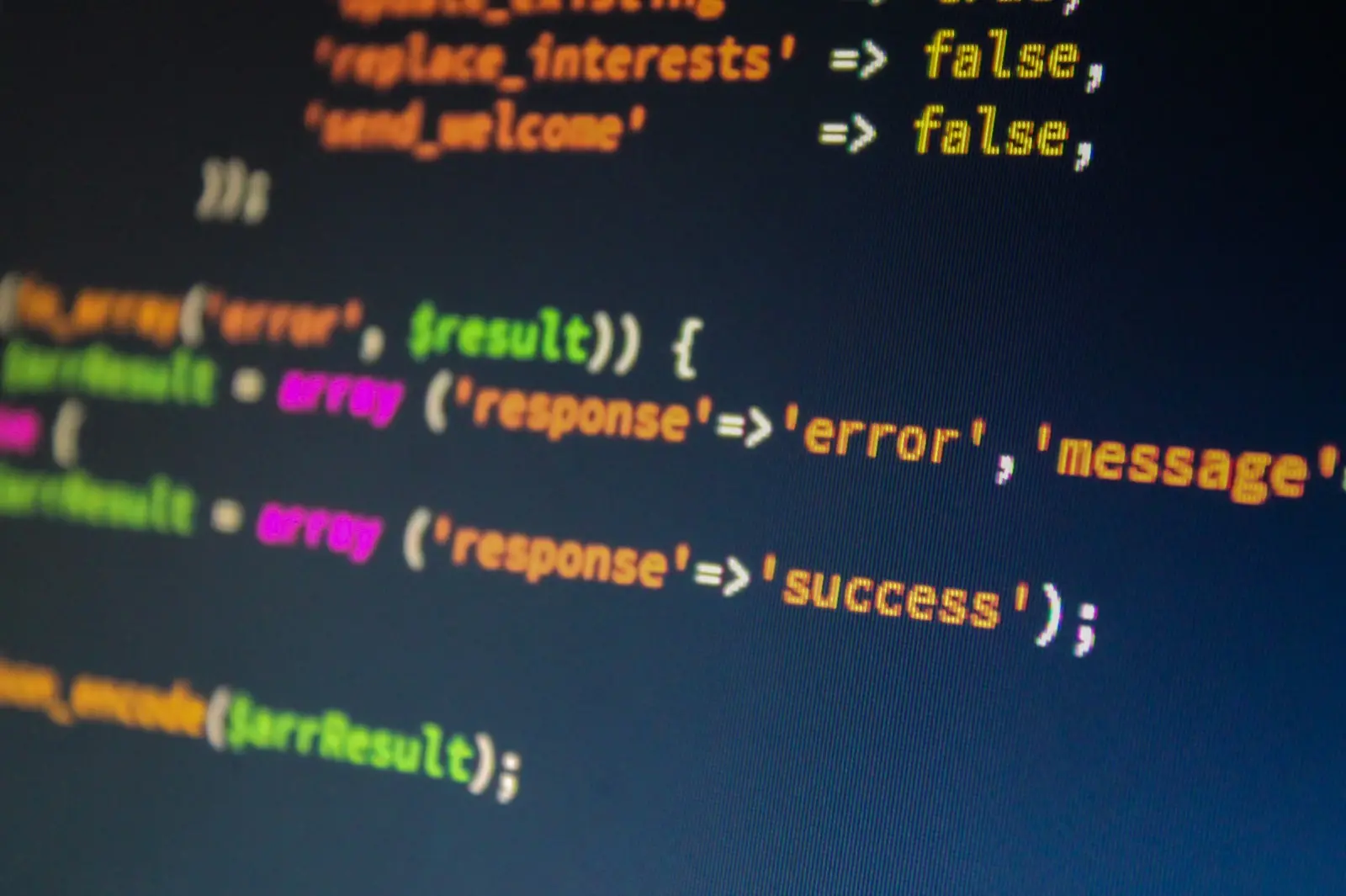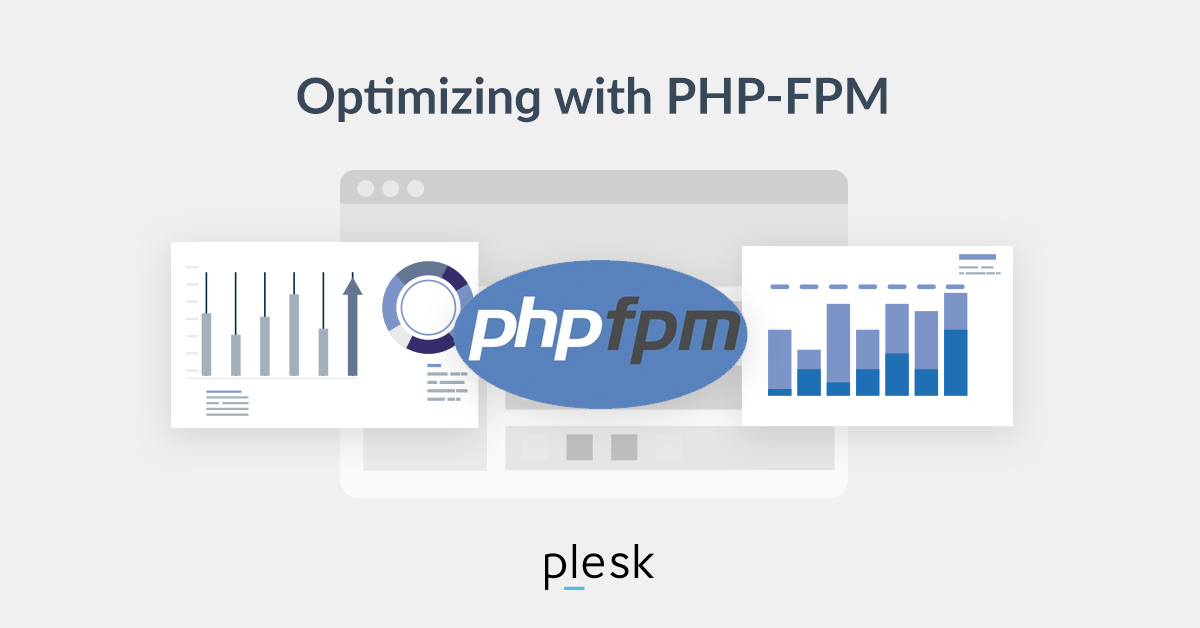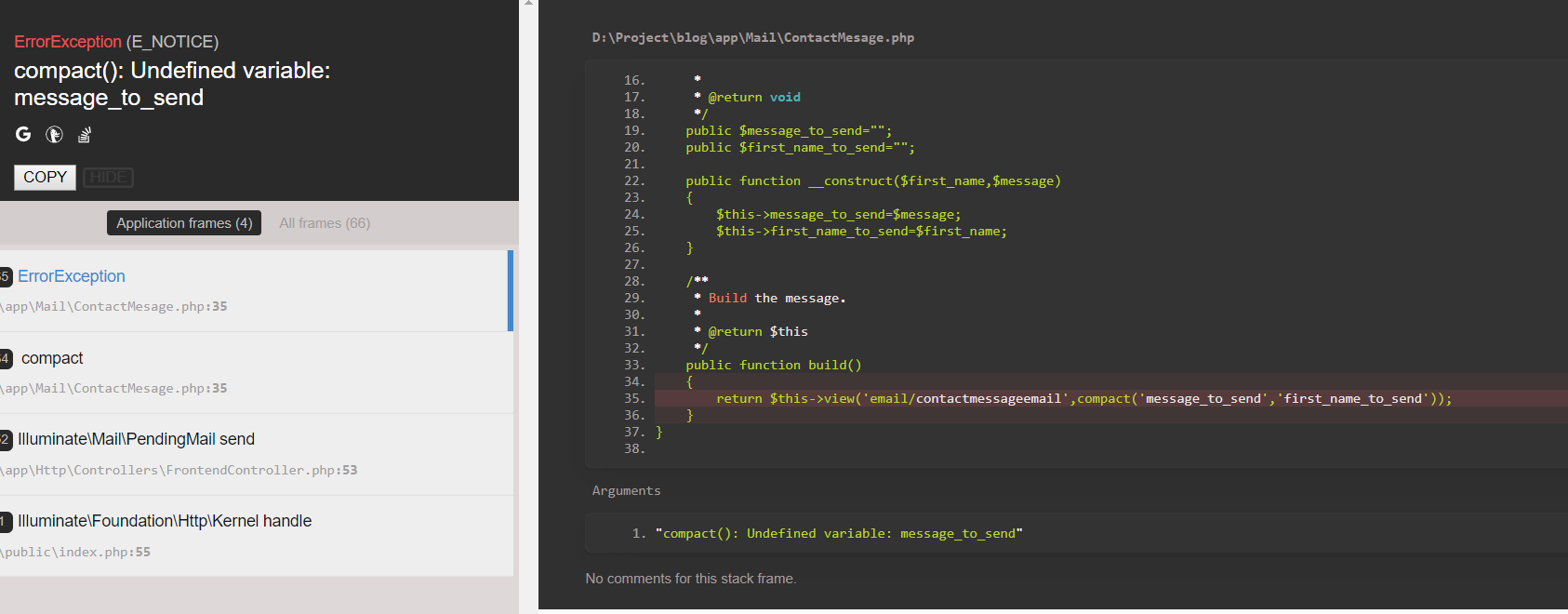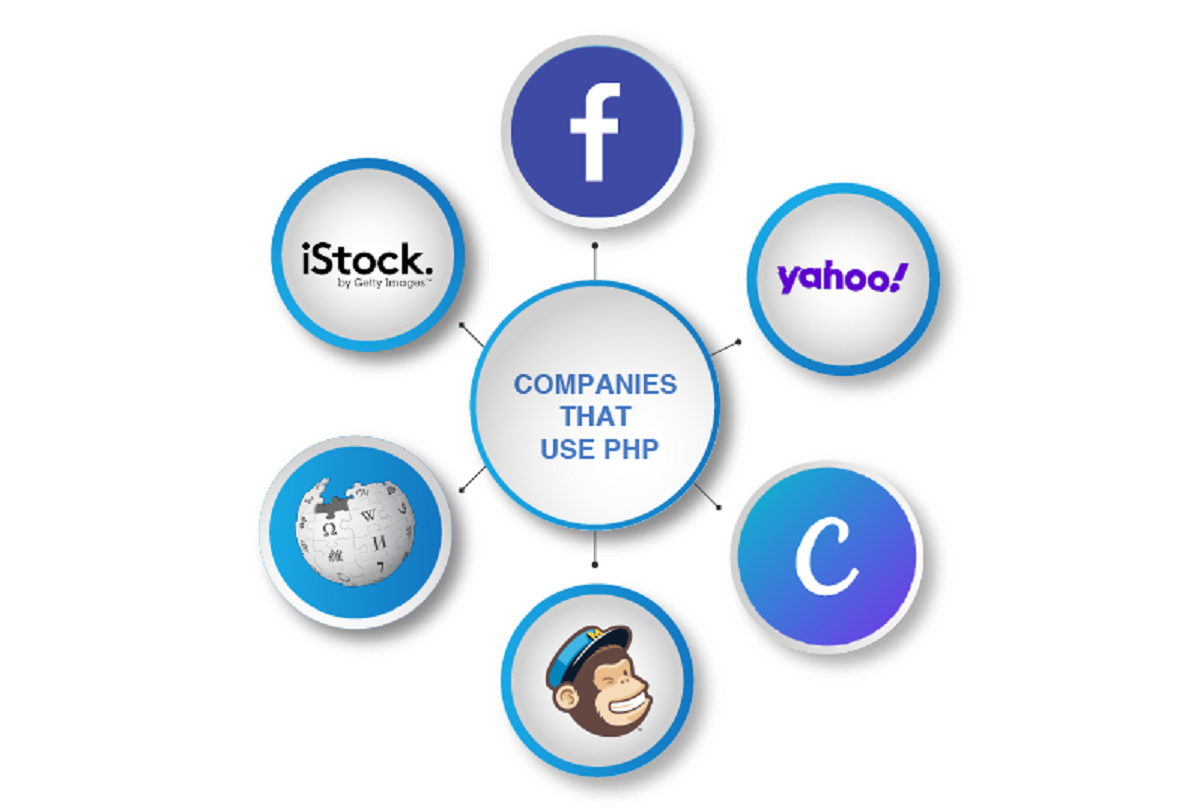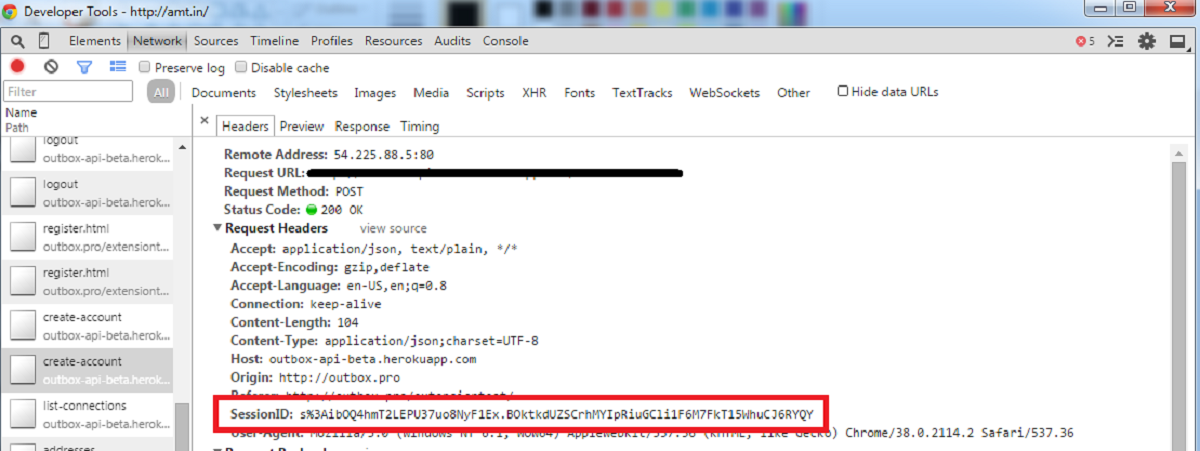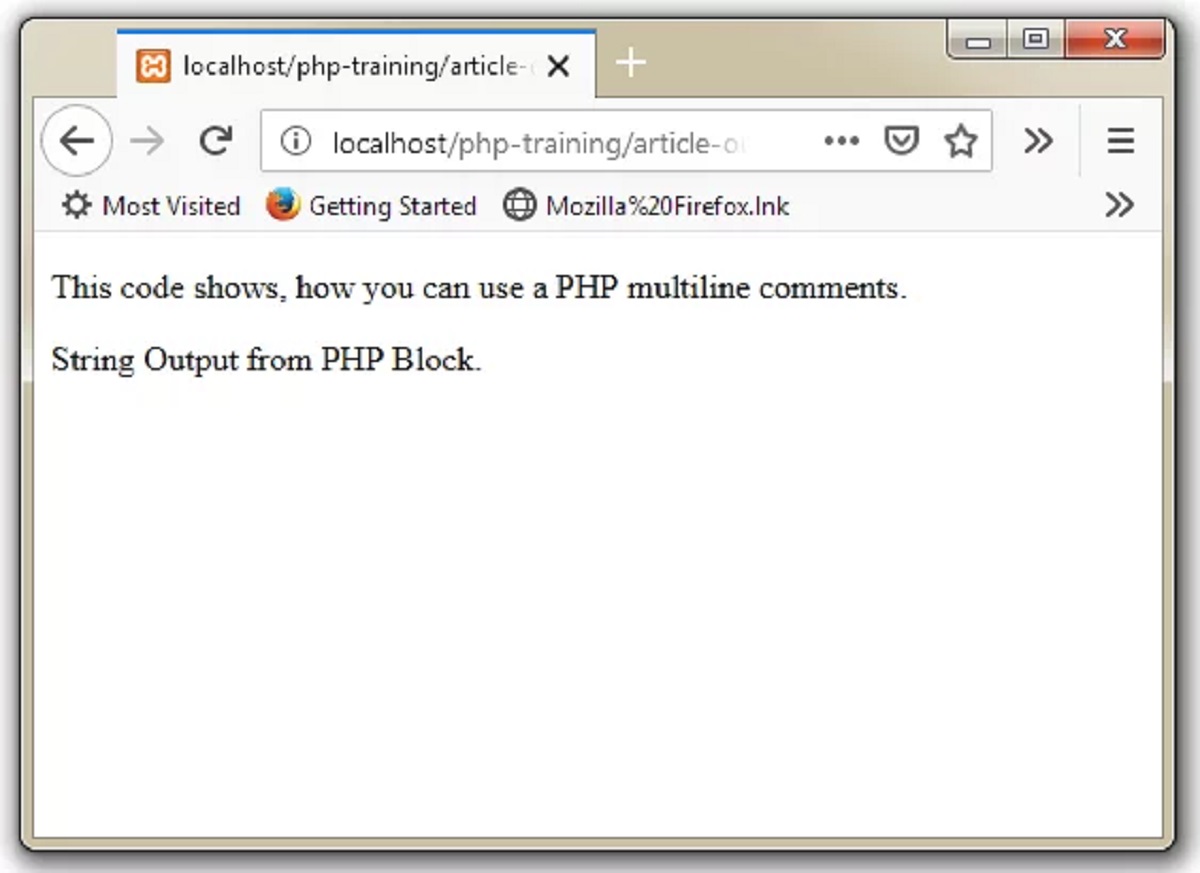Introduction
PHP, the acronym for Hypertext Preprocessor, is a popular scripting language commonly used for web development. It has been around for decades and has powered countless websites and applications. However, despite its widespread use, PHP has earned a reputation for certain drawbacks and limitations that have led to debates and criticisms within the development community.
Lack of strong typing, inconsistent syntax, inefficient performance, poor error handling, security vulnerabilities, limited object-oriented features, scalability challenges, and a limited standard library are some of the key reasons why PHP is often deemed as a less-than-ideal choice for certain development scenarios.
This article will delve into these criticisms and explore the various concerns associated with PHP. It is important to note that the purpose of this article is not to completely discredit PHP but rather to provide an objective analysis of its limitations and potential drawbacks.
While PHP continues to be widely used, it is essential for developers to be aware of its shortcomings and consider alternative languages or frameworks for specific use cases where PHP may not be the most suitable choice.
Let’s now dive deeper into the concerns surrounding PHP, starting with the lack of strong typing.
Lack of Strong Typing
One of the major criticisms of PHP is its lack of strong typing. Unlike languages like Java or C#, PHP is a loosely typed language, which means that variables do not have strict data types assigned to them. This can lead to potential issues and bugs in code execution.
Without strong typing, it becomes easier to unintentionally mix data types or perform operations on incompatible types. For example, adding a string to an integer may not result in the expected outcome, leading to unexpected behavior or errors in the application.
Furthermore, the lack of strong typing can make it more challenging for developers to identify and resolve type-related issues during the development process. Type errors may only become apparent at runtime, making it harder to catch and rectify them early on.
Strong typing, on the other hand, enforces strict rules regarding data types, making it easier to catch errors and ensure more predictable behavior. By explicitly declaring variable types, developers can have greater control over how data is manipulated and avoid potential pitfalls.
There are alternative languages and frameworks that offer strong typing, such as TypeScript for JavaScript development or statically-typed languages like Java and C#. These languages provide a higher level of confidence in code correctness by ensuring that data types match up correctly and reducing the likelihood of unexpected bugs.
While PHP does offer type hinting for function arguments and return types in recent versions, it is still predominantly a weakly-typed language. This means that it does not enforce strict type checking throughout the language, leaving room for potential errors and inconsistencies.
Overall, the lack of strong typing in PHP can be seen as a potential drawback, especially for large-scale projects or situations where precise control over data types and strict adherence to type compatibility are crucial. Developers should carefully consider the requirements of their projects to determine whether the weak typing nature of PHP aligns with their needs and if alternatives may provide better type safety and code reliability.
Inconsistent Syntax
Another criticism often raised against PHP is its inconsistent syntax. Unlike other languages that follow strict and consistent syntax rules, PHP has been known to have various idiosyncrasies and inconsistencies in its syntax.
This inconsistency can make it challenging for developers, especially those who are new to the language, to read and understand PHP code. Inconsistent syntax can lead to confusion and inefficiencies when writing and maintaining code, as different constructs may have different rules or conventions.
One area of inconsistency in PHP is the function naming convention. While some functions follow a “camel case” style, others use underscores as separators between words. This lack of uniformity can make it difficult to memorize and recall the correct function names, resulting in errors or wasted time trying to find the appropriate function to use.
In addition, PHP also has inconsistencies in parameter order in functions. Some functions have parameters in a specific order, while others may have parameters in a different sequence. This can lead to confusion when working with different functions that require different parameter orders, making it harder to write clean and maintainable code.
Furthermore, PHP’s array handling is not consistent either. It offers different syntax options for creating and accessing arrays, including square brackets, curly braces, and the array() construct. This inconsistency can make it harder for developers to switch between different array syntaxes and may result in errors or unintended behavior when working with arrays.
These inconsistencies in PHP’s syntax can lead to code that is harder to read, understand, and maintain. It can also increase the learning curve for new developers joining a project written in PHP, as they need to familiarize themselves with the idiosyncrasies of the language.
It’s worth noting that efforts have been made to address these inconsistencies in newer versions of PHP. However, due to the need for backward compatibility, not all inconsistencies have been resolved.
Developers should be cautious when working with PHP and be aware of the various inconsistencies in its syntax. Consistent coding practices, adhering to coding standards, and leveraging coding conventions can help mitigate the impact of these inconsistencies and improve the overall readability and maintainability of PHP code.
Inefficient Performance
In terms of performance, PHP has been criticized for being relatively inefficient compared to other programming languages. This inefficiency can have a significant impact on the speed and responsiveness of a web application.
One of the reasons for PHP’s perceived inefficiency is its interpreter-based nature. PHP code needs to be interpreted and processed by an interpreter every time it is executed, which can introduce some overhead and impact performance. In contrast, languages like Java or C++ are compiled into machine code, which can result in faster execution.
Another contributing factor to PHP’s performance issues is its lack of native just-in-time (JIT) compilation. While some PHP accelerators, like APC or OPcache, can improve performance by caching and optimizing PHP bytecode, they are not able to provide the same level of performance as a natively JIT-compiled language.
Furthermore, PHP’s memory management can be suboptimal. The language does not have built-in garbage collection, requiring developers to manually manage memory usage and deallocation. If not done properly, this can lead to memory leaks and inefficiencies in memory consumption.
Additionally, PHP’s single-threaded nature can pose challenges in handling concurrent requests. Each request to a PHP application typically runs in its own process, which can result in increased resource usage and slower response times when facing high traffic or concurrent requests.
It’s important to note that PHP’s performance issues can vary depending on the specific use case and the optimizations applied to the code. With proper performance tuning and optimization techniques, such as caching, database query optimization, and code profiling, it is possible to mitigate some of the performance drawbacks associated with PHP.
However, for projects that require high-performance or have strict performance requirements, developers may choose to explore alternative languages or frameworks that offer better performance characteristics, such as Node.js, Go, or Java.
Overall, when considering PHP as a development language, it is essential to carefully evaluate the performance requirements of the project and take into account the potential performance limitations of the PHP ecosystem.
Poor Error Handling
Error handling is a critical aspect of any programming language as it allows developers to identify and resolve issues that may arise during the execution of a program. Unfortunately, PHP has been criticized for its poor error handling mechanisms, which can make troubleshooting and bug fixing more challenging.
One of the primary issues with PHP’s error handling is its default error reporting mode. By default, PHP is set to display all errors and warnings directly on the webpage, which can expose sensitive information about the application and potentially compromise its security. This default behavior can be problematic for production environments where error messages should be logged rather than shown to end-users.
Furthermore, PHP tends to have inconsistent error messages and codes, making it harder for developers to diagnose and address specific issues. The error messages may not always provide enough context or helpful information about the root cause of the problem. This can lead to prolonged debugging time and a frustrating experience for developers.
In addition, PHP lacks built-in mechanisms for structured exception handling. Unlike languages like Java or Python, PHP does not provide a robust try-catch block system, making it more challenging to manage and handle exceptions gracefully. Instead, PHP relies heavily on error codes and require developers to manually check for errors and handle them appropriately.
This manual error handling approach can be error-prone and make the codebase more convoluted, especially in large applications with numerous potential error scenarios. It can also lead to situations where errors are missed or not handled correctly, potentially leading to unexpected behavior or security vulnerabilities.
While PHP does provide error handling functions like error_reporting() and set_error_handler(), it requires developers to proactively implement error handling mechanisms in their codebase. This can be time-consuming and may not be universally enforced across all PHP projects.
To address PHP’s poor error handling, it is essential for developers to adopt best practices and implement robust error handling strategies within their applications. This includes using proper logging techniques, leveraging custom error handlers, and implementing structured exception handling for better clarity and control over error management.
Overall, PHP’s poor error handling can present challenges for developers, but with diligent implementation of appropriate error handling techniques, it is possible to mitigate these issues and improve the reliability and maintainability of PHP applications.
Security Vulnerabilities
Security is a critical concern in web development, and unfortunately, PHP has had its fair share of security vulnerabilities. While it is important to note that no programming language is immune to security flaws, PHP’s history of security vulnerabilities has raised concerns among developers.
One contributing factor to security vulnerabilities in PHP is its extensive use of functions that allow user-supplied input to be directly incorporated into code execution. This practice, known as “code injection” or “eval”, can be exploited by attackers to execute malicious code or gain unauthorized access to the application’s data or resources.
Additionally, PHP’s weak typing and implicit type conversion can introduce security risks. Improper handling of user input and inconsistent type checks can lead to vulnerabilities like SQL injection, Cross-Site Scripting (XSS), or Remote Code Execution (RCE).
Another security concern with PHP is the lack of built-in security features. Unlike some other languages or frameworks, PHP does not provide comprehensive security mechanisms out of the box. Developers need to rely on external libraries, frameworks, or custom implementations to address common security issues such as input validation, output sanitization, and authentication/authorization.
Furthermore, PHP’s history of rapid development and frequent updates can also contribute to security vulnerabilities. New features and changes introduced in PHP updates may unintentionally introduce security flaws or vulnerabilities. It is crucial for developers to stay up to date with the latest security patches and follow best practices to minimize the risk of exploitation.
To mitigate security vulnerabilities in PHP, developers should adhere to security best practices, such as input validation, output encoding/escaping, secure database queries with parameterized statements or prepared statements, and regular security assessments and audits.
Using reputable frameworks and libraries with a strong security track record can also provide an added layer of protection. Additionally, keeping PHP and its associated components, like web servers and database systems, updated to the latest stable versions can help address known security vulnerabilities.
Overall, while PHP has faced security vulnerabilities in the past, it is possible to develop secure PHP applications by implementing robust security practices and staying vigilant about emerging threats and vulnerabilities.
Limited Object-Oriented Features
PHP was originally designed as a procedural programming language, and although it has evolved to include object-oriented programming (OOP) capabilities, it still has limitations compared to other languages that were built specifically with OOP in mind.
One of the main criticisms of PHP’s OOP features is its lack of true support for concepts like encapsulation, inheritance, and polymorphism. While PHP does provide the basic elements of OOP, such as classes, objects, and methods, its implementation of these features can be less robust and more limited compared to languages like Java or C++.
For example, PHP does not have strict access modifiers like private or protected, which can make it harder to enforce encapsulation and control access to class members. Additionally, PHP classes do not support multiple inheritance, meaning a class can only inherit from one parent class, limiting the flexibility and expressiveness of the codebase.
In addition, PHP’s type system can pose challenges for OOP development. As a dynamically typed language, PHP does not enforce strict type checking, which can introduce issues when performing operations on objects or handling polymorphic behavior. This lack of type safety can make it more difficult to write reliable and maintainable code in larger OOP projects.
Moreover, PHP’s object-oriented design patterns are not extensively documented or enforced, leading to inconsistency and ambiguity in their usage. While PHP developers can still apply design patterns, such as Singleton or Factory patterns, there is no standard implementation or built-in language support for these patterns.
However, it is worth noting that PHP has made efforts to enhance its OOP capabilities in recent versions. Features like traits, anonymous classes, and improved namespace support have been introduced to address some of the limitations and provide more flexibility in OOP development.
Despite these limitations, PHP can still be used effectively in an OOP manner for smaller projects or situations where the full power of OOP may not be necessary. It is crucial for developers to carefully consider their project requirements, evaluate PHP’s OOP features in the context of those requirements, and explore alternative languages or frameworks if advanced OOP functionality is needed.
Overall, while PHP’s object-oriented features have limitations compared to other languages, it is still possible to apply OOP principles and design patterns in PHP development with proper planning and understanding of the language’s capabilities.
Lack of Scalability
Scalability is a crucial consideration in modern web development, as applications need to handle increasing amounts of traffic and user activity. Unfortunately, PHP has been criticized for its limited scalability, particularly in situations where high performance and scalability are crucial.
One of the challenges with PHP’s scalability is its single-threaded nature. Each PHP request typically runs in its own process, which can consume more system resources compared to languages that use a multi-threaded or event-driven architecture. Consequently, this can limit the number of concurrent requests that a PHP application can handle efficiently.
In addition, PHP’s memory management can also impact scalability. PHP processes tend to consume more memory compared to other languages, leading to increased memory usage as the application scales. This can put a strain on server resources and limit the number of simultaneous users that can be accommodated.
Another factor that affects PHP’s scalability is the lack of native support for asynchronous or non-blocking I/O operations. Asynchronous processing is essential for handling high traffic and large volumes of simultaneous requests efficiently. However, PHP’s default blocking I/O model can lead to performance bottlenecks when handling numerous concurrent connections.
There are workarounds and external libraries that can help improve PHP’s scalability, such as using PHP extensions like ReactPHP or implementing asynchronous communication with services or databases. However, these solutions often require additional efforts and architectural considerations.
It’s important to note that PHP can still be suitable for smaller websites or applications that do not anticipate high traffic or have strict scalability requirements. Additionally, caching mechanisms, load balancing, and optimizing database queries can help improve PHP application performance and partially mitigate scalability limitations.
However, for projects with intensive concurrency and scalability needs, developers may consider other languages or frameworks that are better equipped to handle high-demand scenarios. Languages like Node.js, Go, or Java, which have built-in support for asynchronous processing and offer more scalable architectures, may be more suitable in such cases.
Overall, PHP’s scalability limitations should be taken into account when deciding whether it is the right choice for a particular project. Understanding the scalability requirements and considering alternative solutions are key factors in ensuring that an application can adapt and handle growing user demands effectively.
Limited Standard Library
The standard library of a programming language typically provides a wide range of predefined functions and modules that developers can utilize to accelerate development and enhance the functionality of their applications. However, PHP has faced criticism for its limited standard library compared to other languages.
One of the reasons for PHP’s limited standard library is its historical focus on being a lightweight and minimalist language. PHP was initially designed to be embedded within HTML and primarily focused on web development. As a result, the core PHP language purposely has a smaller set of built-in functions and modules compared to languages like Python or Java.
Many essential functionalities that developers may expect to find in a standard library are instead provided through external libraries or frameworks in the PHP ecosystem. This can lead to the need for additional installation and configuration steps, as well as potential dependency management complexities.
Furthermore, the PHP community lacks a unified standard library. Unlike languages with comprehensive and widely adopted standard libraries, PHP does not have a centralized repository for official, recommended, and thoroughly tested modules. This can lead to inconsistent code quality across PHP projects and may require additional effort to discover, evaluate, and integrate external libraries.
However, it is important to note that PHP has a vast ecosystem of third-party libraries and frameworks available through platforms like Composer, which can extend the capabilities of the language significantly. These libraries cover a wide range of functionalities, including database access, HTTP handling, template engines, and more.
While leveraging third-party libraries can enhance the functionality of PHP applications, it is essential to consider the reliability, security, and long-term maintenance of these libraries. Relying on external libraries can introduce additional risks, such as compatibility issues, security vulnerabilities, or reliance on inactive or poorly supported projects.
To address the limitations of the standard library, PHP developers should carefully evaluate the specific needs of their projects and consider the adoption of well-supported, reputable third-party libraries or frameworks that cater to their requirements.
Additionally, contributing to and promoting the development of PHP standards and best practices within the community can help promote a more standardized and robust standard library ecosystem in the future.
Overall, while PHP may have a limited standard library in its core language, the vibrant third-party library ecosystem offers ample opportunities for PHP developers to enhance their applications with the functionality they need.
Code Maintenance Challenges
Maintaining and updating code is an essential aspect of software development, and PHP is not exempt from the challenges that come with code maintenance. PHP has certain characteristics that can make the maintenance process more complex and time-consuming for developers.
One of the primary code maintenance challenges in PHP is its historical lack of a standardized coding style. PHP projects can vary significantly in their coding conventions, indentation style, and naming conventions. This lack of consistency can make it more difficult for developers to understand and navigate code from different projects or work collaboratively with other PHP developers.
Moreover, PHP’s global scope and loosely typed nature can contribute to code maintenance challenges. With PHP’s global scope, variables can be accessed and modified from anywhere within the codebase, increasing the risk of unintended side effects and making it harder to trace and fix issues. Additionally, the lack of strict type checking can introduce potential bugs and complexities when maintaining and modifying PHP code.
Furthermore, PHP has a historical legacy of allowing mixed HTML and PHP code within the same files, commonly known as “spaghetti code.” Mixing HTML and PHP can lead to code that is difficult to read, debug, and maintain. Separation of concerns and adopting a more structured architecture, such as using templates or view engines, can help mitigate this issue and improve code maintainability.
Inconsistent or inadequate documentation can also pose challenges in maintaining PHP codebases. Lack of proper documentation can make it harder for developers to understand the codebase, leading to a higher risk of introducing errors or wasting time deciphering the intentions of the original code authors.
Additionally, PHP’s backward compatibility requirements can introduce maintenance considerations. While backward compatibility is generally considered a positive trait, it can sometimes result in a burden of supporting deprecated features or outdated coding practices in order to maintain compatibility with older versions of PHP.
To address code maintenance challenges in PHP, developers can adopt coding standards and best practices, such as the PSR (PHP Standard Recommendations), to promote consistency and improve code readability and maintainability. Applying modular and object-oriented principles can also help in managing the complexity of PHP codebases and making them more maintainable in the long run.
Additionally, thorough documentation, both inline and external, can greatly assist in code maintenance efforts. Documenting the purpose, usage, and dependencies of functions, classes, and methods can make it easier for developers to understand and maintain the codebase.
Overall, while PHP code maintenance can present challenges, adhering to coding standards, adopting solid architecture principles, and implementing comprehensive documentation practices can help mitigate these challenges and improve the maintainability of PHP codebases.







